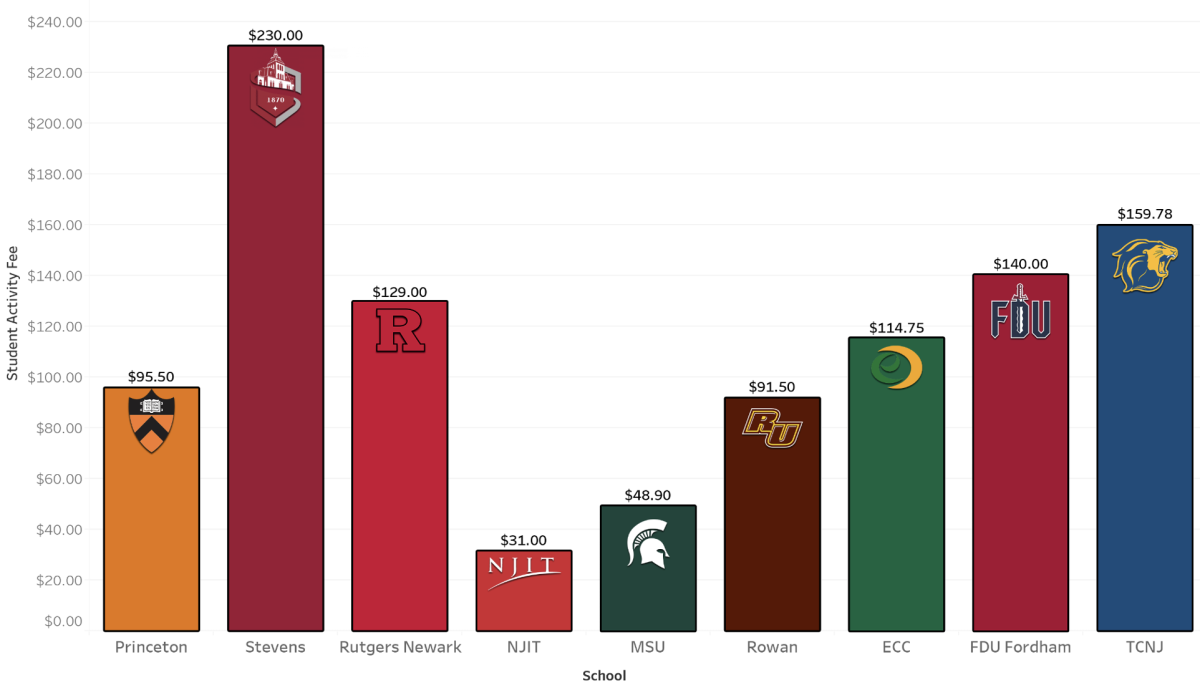Haruki Murakami, and internationally acclaimed writer known for his existentialist influences of Camus and Kafka as well as his magical realism elements which explore the concept of spirituality without the presence of religion. This is a unique take on modern day literature, and has been both respected and criticized in the international writing community. Most of Murakami’s novels have a young male protagonist who is usually around our age (as with most novels dealing with bildungsroman) who undertakes a search of self through a physical journey. The novels have similar themes where the protagonist deals with loss, spirituality, and the subconscious.
With the concept of loss it can be best portrayed by Colorless Tzukuru Tazaki and His Years of Pilgrimage where Tzukuru Tazaki, a 30 year old man reminisces about his sophomore year in college and losing his high school friends. He doesn’t know why his friends left him and avoids coming home shutting himself in his apartment. Tzukuru struggles with his self-confidence calling himself “colorless,” and ends up alone. Upon meeting a woman he finds himself attracted to and starts dating, she urges Tzukuru to confront these friends as to why they left him in the first place. Tzukuru embarks on a journey to seek out the truth. Ultimately he discovers that the fate of him leaving was inevitable and the friendship is lost. This helps him move on as he ends the story calling the woman he was seeing, in a feeling of anticipating the future. The story highlights the struggle of Tzukuru trying to move on with his life by trying to right his past: you can’t remedy your future without closure from the past. This is tantamount to human nature because we as humans struggle with dealing with rejection and closure. This can apply to college life as we embark in this transitional phase into independence. We may find ourselves struggling with emotional baggage: a hard breakup, a death, losing an opportunity which manifests itself into a setback from our life.
In dealing with spirituality the concept of the unknown is addressed in an almost allegorical nature. In Japan there was a terrorist gas attack in a subway station performed by an extremist group. Murakami actually interviewed many victims as well as people part of the perpetrating group, and this may have influenced Murakami’s interest in religion. Japan is also one of the few predominantly nations where monotheistic religions aren’t as much of an influence. In 1Q84 there is a small commune which is a religious group and carries out terrorist attacks because they believe the end of the world is going to come. Religion seems to be seen as a force that contradicts with the realm of reality often appearing to be illogical. Following on the existentialist format the protagonist is responsible for his destiny—not God.
Many of Murakami’s works there is an outside revolution happening at the college where the protagonist tends to not involve themselves in. I find this as a symbiotic with the inner revolution the protagonist is going through. These revolutions may also be a nod to the 1960 protests by college students when Murakami was in university. The protagonists tend to not involve themselves with the political landscape and seem more interested in their own spiritual one. Often in life, people who do not have a sound sense of self will fail to have any real impact on society,
The novel deals with relations to the family, the protagonists in these novels are often estranged from their parents, and their parents usually end up dying. He [Murakami] states that because family plays a significant role in traditional Japanese literature, any main character who is independent becomes a man who values freedom and solitude over intimacy. The main characters of these novels tend to be alone but not lonely often enjoying their life this way. This is a relatable lifestyle in Western society as people here tend to have strained relationships with their families as they get older. There is also a lack of intimacy in relationships, most of them being casual for sex. Murakami has been criticized for portraying women in a sexual manner and not making them as dimensional as the male characters. Murakami’s books also deal with the subconscious. For example, in 1Q84, inspired by Orwell’s 1984 the moon is seen as an “all seeing” force and these “little people”—creatures that come our of silk spun air chrysalis that can change shape. These creatures portray the subconscious and how the subconscious can destroy our minds and affect our day to day lives. The little people are neither good nor bad yet they seem to wreak havoc in the parallel universe of 1Q84, casting a shadow to the often repeated quote, “the mind can be a merciful servant or a merciless master,” the little people are merciless. This critiques modern society’s mindset and how they are sold destructive and often times lead to irreversible consequences. I recommend Murakami’s works and find that they reflect issues that are universal written in a familiar yet unconventional nature that blurs the lines between reality and the inner workings of the universe.





































